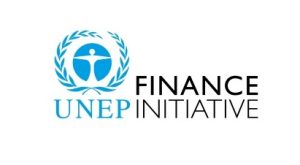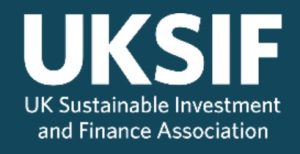IE Responded to Call for Evidence on Greenwashing
The Insurance Europe (European Insurance and Reinsurance Federation) issued a report in response to the previous three European regulators’ inquiries on the issue of greenwashing. Insurance Europe said that insurance companies have taken actions against sustainable investment, such as implementing sustainable disclosure in the investment portfolio, and continue to support the EU’s sustainable financial activities.
At present, the regulatory framework still lacks clarity and consistency, which brings difficulties to investors who pursue sustainability. For example, the definitions of “sustainable investment” and “green” are not clear, and there are no typical cases of the regulatory agencies’ naming requirements for fund. Therefore, the interpretation of regulatory documents made by insurance institutions may be misunderstood as “trying to greenwash”.
Insurance Europe’s View on Greenwashing
Besides unclear definition and the misunderstood “greening behavior” of asset management institutions, Insurance Europe also raised some reasons for the phenomenon of greenwashing. In terms of collecting ESG data, the regulatory authorities have not improved the relevant framework, and the lack of disclosure of ESG data providers and ESG rating parties has led to a shortage of third-party data, providing space for the existence of greenwashing.
In addition, regulators should establish a clear and effective protection system to protect customers from misleading publicity and reduce the negative impact of greenwashing products. The lack of current protection system and the conflict between various regulatory policies make customers have doubts about whether the products meet the green standard.

Insurance Europe’s View on ESG Products
Insurance Europe believes that the sales of ESG products may decrease in the future due to:
- At the early stage of development, current method and the sustainable plan is not mature for developing ESG products. Insurance company may be considered “greenwashing” by the regulatory authorities when conducting business;
- It is still difficult for insurance companies to obtain their ESG data in investment portfolios (the introduction of SFDR report may solve certain problems). In the absence of standardized sustainable data, it will take more time to obtain, analyze and use them in the future;
- Participants in the financial market (such as insurance customers) may not be able to obtain accurate information directly, and insurance companies need to show them the sustainable characteristics of the product, but may take reputational risk in communication process;
Insurance Europe’s Advice on Greenwashing
Insurance Europe believes that the measures to solve the problem can be taken from four aspects: regulation, ESG products, distributors, and customers.
- In terms of regulation, regulators need to formulate consistent and feasible sustainable documents, clearly define key concepts such as “sustainable” and “green” and explain the conflicts in existing documents. They should also arrange regulatory content and policy implementation time reasonably. At the same time, the interpretation of the regulatory policy should be added to avoid unintentional greenwashing.
- In terms of ESG products, label certification is the key to gaining customer trust. Insurance Europe recommends the adoption of the European Union’s universal sustainable label to help the market establish a consistent ESG product standard. At the same time, the problem of different ESG ratings for a product needs to be solved, and the ESG rating provider needs a more transparent and comparable rating method.
- In terms of distributors, insurance companies need to provide specific training plans for distributors and constantly adjust training according to policies. Distributors should reasonably explain the ESG characteristics of the product to customers when providing suggestions, and avoid greenwashing behaviors in communication.
- In terms of customers, due to the lack of sufficient knowledge in sustainable investment, public education should be increased for them to preliminarily detect whether the product is suitable for them.
Reference:





